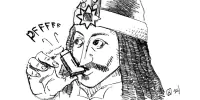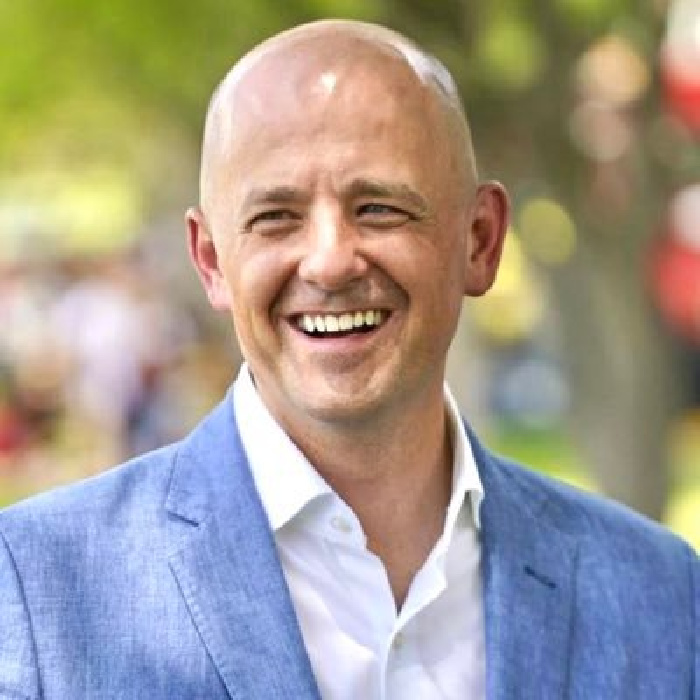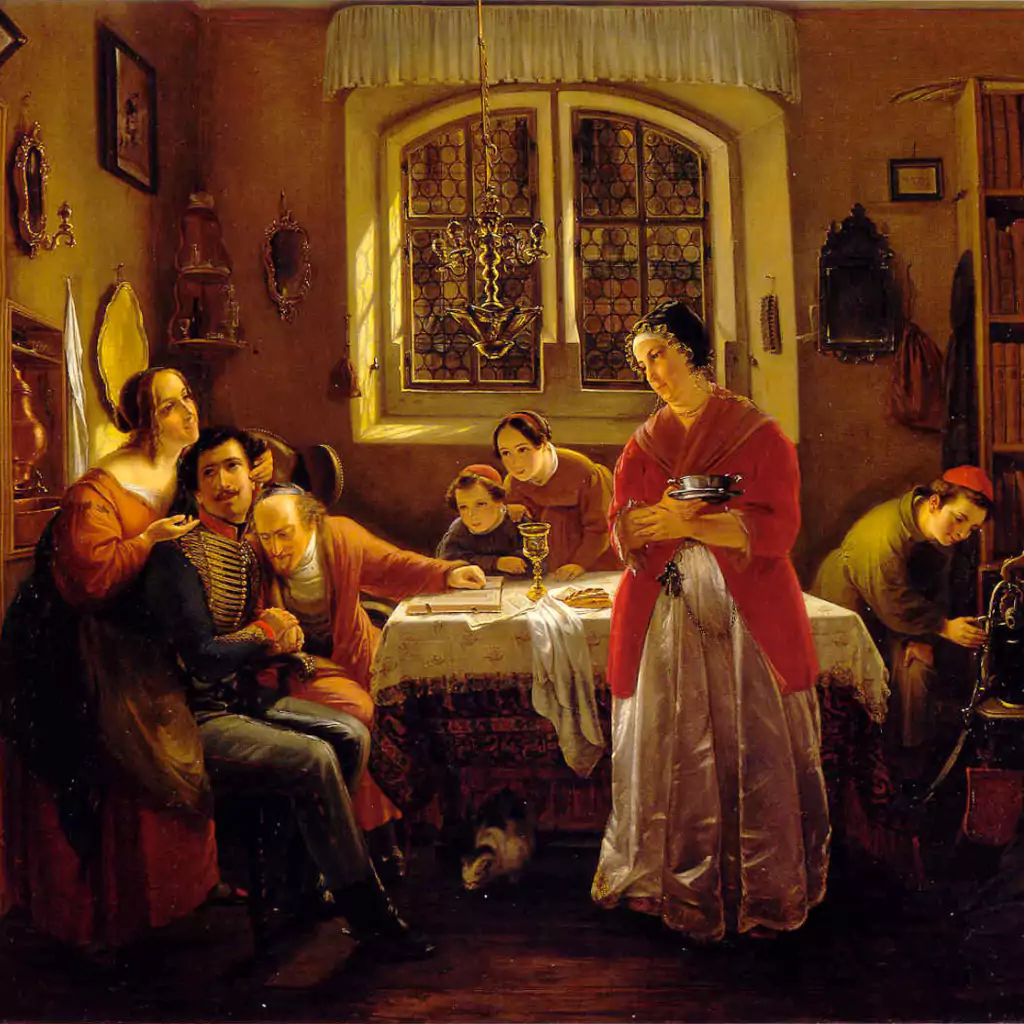“As He died to make men holy, let us die to make men free.”
I remember exactly where I was—sitting at a beat-up secondhand desk in a cramped basement apartment in Akureyri, Iceland, on my Latter-day Saint church mission—when I read the letter from my best friend, relating how his girlfriend’s father had told her to break off the relationship because of his ethnic background. It hit me square in the gut, making me feel cold[er – Iceland, remember?] and then furious. And I knew that what he must have felt surpassed my secondhand reaction many times over.
Racial prejudice is evil. It is a gross sin against at least four of the traditional Christian virtues: Prudence—because it is stupid and irrational. Judging a person by attributes that have no conceivable logical relationship to his or her worth is something no even halfway reflective person could possibly do.
Justice—because all men are created equal, endowed by their Creator with natural rights which may not be stolen.
Charity—because to condition our treatment or regard for a fellow human being on his ancestry is inconsistent with the commandment to love our neighbor as ourselves.
And Faith. Because racism is a deadly heresy. “[T]here is neither Greek nor Jew, circumcision nor uncircumcision, Barbarian, Scythian, bond nor free: but Christ is all, and in all.” God is no respecter of persons. Who are we to tell Him “yeah, but…”?
It’s argued that the American constitutional liberal tradition is fundamentally incapable of ending racism. As with most bad arguments, this one has a grain of truth. I don’t think it can. Any more than it can [completely] end murder, robbery, child abuse, or any other human evil.
The relevant question in any critique of the value of anything is “compared to what?”
Human slavery lasted from time immemorial. Then some Boston and Virginia hotheads started taking seriously some decades-old ideas about the inherent worth and sovereignty of human beings and had a revolution. And then other people started noticing that it wasn’t complete, and almost immediately started abolishing slavery.
That diabolical institution didn’t die immediately. The human capacity for tailoring our principles to conform to our self-interest is strong. It took a bloody civil war. But it was finally destroyed. Through the working of what Frederick Douglass called a “glorious Liberty document” —the United States Constitution, which, he recognized, for all its political compromises, was at its heart founded on ideas fundamentally fatal to slavery. The principles that won the Civil War and the victories of the civil rights movement were principles of liberty, rooted firmly in the basic premise of our common humanity.
The principles that won the Civil War and the victories of the civil rights movement were principles of liberty, rooted firmly in the basic premise of our common humanity.
Arguments that those principles are false hopes, incapable of delivering real progress, require more denial of historical fact than I’m capable of. I am not persuaded by arguments that abandoning them in pursuit of “further progress,” or turning them on their head or carving out exceptions to these truths— “Let us do evil, that good may come”—will lead us anywhere good.
“With firmness in the right as God gives us to see the right let us strive on to finish the work we are in.”
Happy Juneteenth.

















